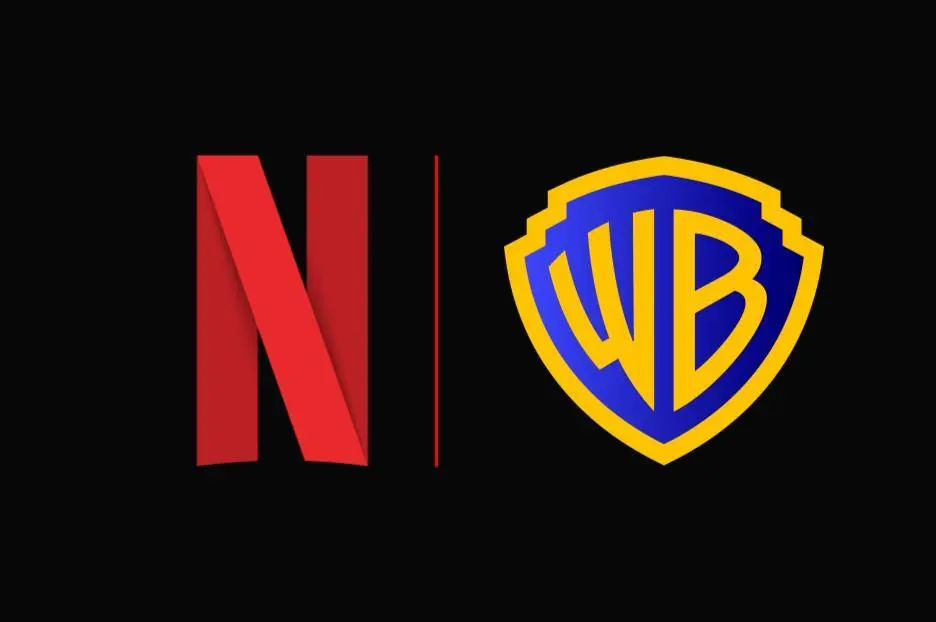Money Market vs Savings Accounts

Aug 10 | 2017

We’re always trying to make our dollars go as far as they can for us. Stretching them, investing them, putting to work and watching them double, it is our due diligence to tend to our dollars and see that they stay busy and stay growing. Which often brings up the question of what exactly is the best place to send our dollars off to work? What will achieve the proverbial most bang for our buck? This article aims to size up Money Market Accounts vs Savings Accounts, highlighting the pros and cons of each and detailing some of their histories as financial instruments.
Money Market Pros
One of the most appealing aspects of a money market account is the fact that it makes the ultimate stash house for your cash. With higher interest rate payouts than a traditional savings account, many prefer Money Market Accounts to park their cash. The added advantage being that this parked cash is also extremely liquid. High yields and high liquidity make this an attractive prospect.
Money Market Cons
There are instances however when you’re money can be on the wrong tail of the rat race. If inflation rises faster than your interest rates, then you’re loosing purchasing power, and quickly. Also while Money Market Accounts are generally touted as fairly safe vehicles, they aren’t FDIC insured, so yeah, there’s that to keep in mind. also make sure you stay weary and read the fine print. Some Money Market Accounts come bearing so many fees and charges that can
Savings Account Pros
Traditional savings accounts offer security, mental piece of mind, and unlike under your mattress, the money acrues some value over time. You also have more direct access to your money, and having it be FDIC insured helps you sleep at night, knowing your dollars are safe and sound.
[shortcode-1-In-Article-Banner-728×60]
Savings Accounts Cons
Unlike many other financial vehicles, savings accounts offer a very nominal interest rate, so watching your money grow in a savings account can be akin to watching paint dry. In addition, while you do have access to your money, there are federal limits to how much and how often you can access monies in your savings account.
(adsbygoogle = window.adsbygoogle || []).push({});
In summation, there is no right nor wrong, neither better nor worse. And you don’t have to be dead split to between the two. You can open both a Money Market Account and a Savings Account and start enjoying the advantages of both. Happy Investing!










